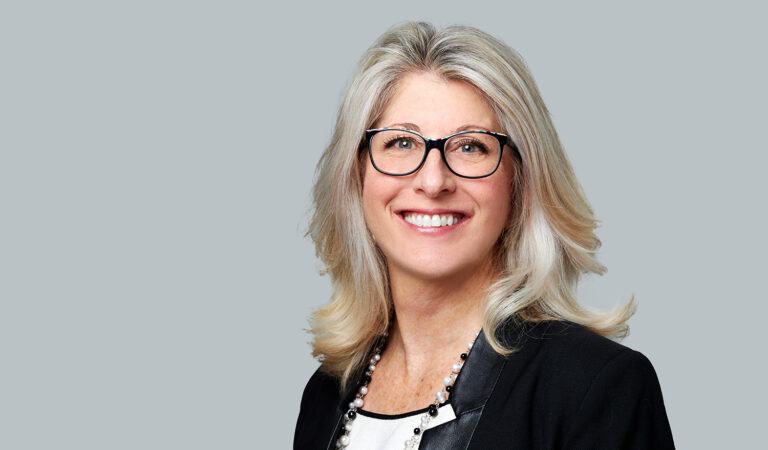Insurance-linked securities investors have been severely tested over the past decade, as a series of heavy catastrophe loss years have triggered payouts. Trapped capital — when cedants effectively freeze investors’ capital while insured losses develop — has also become a frequent event.
Last year Hurricane Ian caused devastation in Florida, for which insurers were on the hook for an estimated $50 billion-plus, piling on more pain for ILS investors. Michael Millette, co-founder and managing partner at ILS fund manager Hudson Structured Capital Management, has spoken of “fatigue” among investors.
However, just as Bermuda’s traditional re/insurance market has diversified beyond the property-catastrophe coverage for which it is best known into many casualty and specialty lines, industry innovators are finding new risk areas for ILS.
Julian Henderson, chief commercial officer of Vesttoo, a global risk transfer platform, said at the Bermuda Risk Summit in March that non-cat business currently represents only around 15 per cent of the $100 billion ILS market, a figure she expects to double inside the next two years.
With Bermuda the epicentre of the ILS industry and a major source of capacity for the island’s traditional re/insurers, the future for ILS matters for Bermuda.
Kathleen Faries, CEO of Artex Capital Solutions, a company that creates and manages structures that connect capital to risk, offered her perspective.
Navigate: How is investor appetite for ILS standing up after several years of relatively high catastrophe losses and some instances of trapped capital?
Faries: Investors that have been in the asset class for the last six to ten years have experienced a wide range of losses across multiple property cat perils including wildfire, hurricanes, flooding, earthquakes and windstorms. As ILS is still a relatively “new” asset class, it means that these investors are now much more sophisticated and educated regarding the asset class and the industry.
For some, the losses, coupled with climate change uncertainty, has meant they are taking a much harder look at the way risk is priced and modelled and ultimately looking to be sure they are getting paid for the risk they are assuming.
Some have looked at where they are investing across the asset class and reallocated to portfolios that are taking less modelled risk, or have negotiated tighter terms and conditions to take out some of the uncertainty and/or what we refer to as secondary perils that can be more difficult to model.
Lastly, there has been a push by many to move the industry overall to a more profitable and sustainable pricing and return environment.
Navigate: ILS are best known for property-catastrophe risk solutions, but the types of risk they cover appear to be expanding. In which non-cat areas do you see the greatest opportunities for ILS growth?
Faries: We are facing some extremely large and dynamic risks globally. A good example is cyber. If you believe some of the predictions on economic losses and damage to business as a result of cyber incidents/attacks, we are facing numbers in the range of $10 trillion globally by 2025. It is clear that the traditional reinsurance market alone cannot come anywhere near providing enough capacity to manage this risk.
This is where capital markets could play a critical role if we can develop cyber structures, pricing and modelling that will get more investors comfortable with this risk. We are definitely seeing movement in this direction but it is still early days and more work needs to be done.
Specialty and casualty are also of interest recently with several new start-ups focused on bring these risks to investors in a more meaningful way and size.
Navigate: Do you think Bermuda will continue its leadership position in ILS? Is the competition from other jurisdictions heating up?
Faries: Bermuda remains the leading jurisdiction for ILS. The intellectual capital that has been built up across risk takers, brokers, lawyers and service providers is unmatched globally.
Bermuda benefits if the industry can expand the asset class. Efforts such as the one that is currently happening in London to build a more efficient framework and process for capital to back Lloyd’s syndicates are important and necessary for the ILS market to remain relevant and to start to have a more meaningful impact on some of the non-property cat risks that are facing us, such as cyber and climate change.
Artex is doing its part to support this effort, as expanding the market that ILS investors have access to and are backing, will benefit the entire industry and society as a whole.

